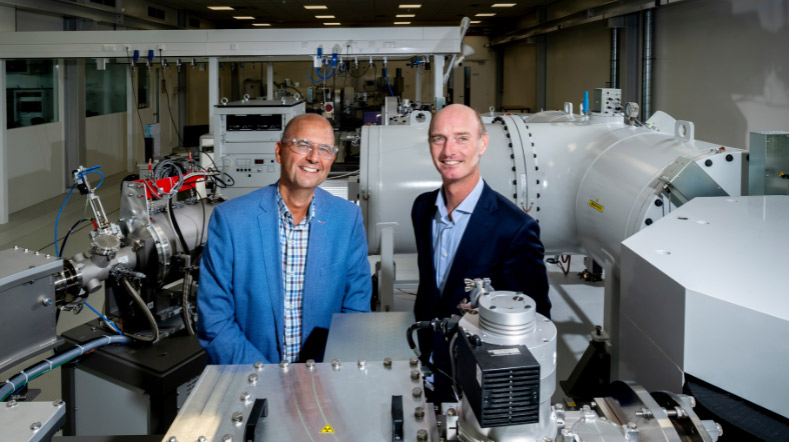
Unique treatment method helps veterans get rid of PTSD quickly
In cooperation with
ARQ Centrum '45
About ten per cent of Dutch veterans develop a post-traumatic stress disorder within ten years of deployment on duty and 30 to 50 per cent do not recover despite intensive care. Research shows that veterans benefit only to a very limited extent from the current psychotherapies. This underlines the need to develop and implement new treatment options for this group. TNO and the University of Amsterdam have further developed the Memrec method for treating post-traumatic stress in veterans, and with success.
Military and non-military
Even in non-military cases, existing treatments have limited success and Memrec can offer a solution. In fact, up to 60% of people suffering from an anxiety disorder experience a recurrence of symptoms. A common explanation for the recurrence of anxiety is that previously learned fears cannot be erased: they are said to be engraved on the memory forever.
Excessive fear dissapears
So now there is every reason for optimism. After years of scientific research, a new intervention strategy for the treatment of irrational fears has been developed by the University of Amsterdam. The Memrec method allows the existing fear memory to be modified so that excessive fear disappears completely.
The Memrec method is an attractive option for two reasons: the confrontation with the fear is short, and in more than eighty percent of cases, the unreal fear actually disappears after one or two treatment sessions. All kinds of fears have been successfully treated, from phobias and panic disorder to post-traumatic stress. Professor of clinical psychology Merel Kindt from the UvA has now set up a clinic where she treats people with fears and phobias.
Successful pilot
In cooperation with ARQ Centrum '45, TNO conducted a pilot study among eight traumatised veterans. After one session, the majority of participants appeared to be partially or completely freed from their traumas. This is a startling result, because the experience of treating PTSD in our country and elsewhere is often very protracted and by no means always successful.
Fast, affordable and effective
A follow-up study with more candidates should provide a solid scientific basis for the method. Consultations are also needed with stakeholders such as the Ministry of Defence, the Ministry of Health, Welfare and Sport and insurers. What is clear is that this is a method that has proven to be fast, affordable, effective and applicable all over the world.
Interested parties can reach out to Kelly Ackermans.
Get inspired
TNO launches Peregrion to boost market impact of its technology that accelerates medicine development


PPP uncovers new insights into MASLD development


TNO research lays foundation for more reliable allergen information on food labels


Lifestyle disease models


Health Applications


